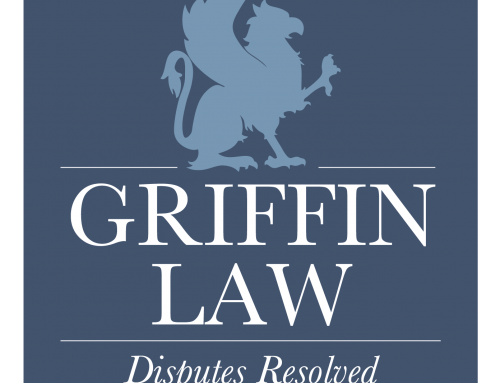In the competitive landscape of modern commerce, a company’s brand is one of its most valuable assets. Protecting this brand under English law involves a multifaceted approach that includes intellectual property rights, vigilant monitoring, and strategic enforcement. This article outlines the critical steps companies can take to safeguard their brand effectively.
Trademark Registration
Trademarks are the cornerstone of brand protection. They distinguish goods or services of one business from those of another and can include names, logos, slogans, and even shapes and colours.
The Registration Process
Conduct a Trademark Search: before applying, conduct a comprehensive search to ensure the mark isn’t already in use. This can prevent costly legal disputes.
Application Filing: submit an application to the UK Intellectual Property Office (UKIPO). This includes providing a detailed description of the mark and the goods or services it will cover. You can apply relevant search terms that will give you an idea of which class may be most appropriate via the following link: https://euipo.europa.eu/ec2/.
Examination and Publication: The UKIPO will examine the application for compliance with legal requirements and potential conflicts. If accepted, the mark is published in the Trade Marks Journal (https://www.ipo.gov.uk/t-tmj.htm), allowing third parties to oppose within two months.
Registration: if no oppositions are filed or upheld, the mark is registered for ten years and can be renewed indefinitely. It is important to note that opposition proceedings are subject to limited costs recovery, meaning any opposition will incur costs which will not be recoverable in their entirety regardless of success.
Protecting Trade Secrets
Trade secrets include confidential business information that provides a competitive edge, such as formulas, processes, customer lists, and marketing strategies.
Protection Measures
Non-Disclosure Agreements (NDAs): ensure that employees, contractors, and business partners sign NDAs to maintain confidentiality.
Internal Policies: implement robust internal policies to restrict access to sensitive information to only those who need it.
Data Security: use technological safeguards such as encryption and secure access controls to protect digital information.
Monitoring and Enforcement
Proactive monitoring is essential to detect and address potential infringements promptly.
Watch Services: employ trademark watch services to monitor new trademark applications and potential infringements globally.
Internet Surveillance: regularly scan the internet, including social media and e-commerce platforms, for unauthorized use of your brand.
Legal Enforcement
Cease and Desist Letters: the first step in enforcement is typically sending a cease and desist letter to the infringer, demanding they stop the unauthorised use.
Intellectual Property Office Actions: if necessary, file oppositions or cancellations with the UKIPO against infringing marks.
Litigation: as a last resort, pursue legal action through the courts. The Intellectual Property Enterprise Court (IPEC) offers a streamlined process for smaller claims, while the High Court handles more complex cases.
International Protection
Madrid Protocol: for companies with international ambitions, the Madrid Protocol allows for the registration of trademarks in multiple countries through a single application, administered by the World Intellectual Property Organization (WIPO).
EU Trademark (EUTM): Despite Brexit, existing EUTMs were automatically converted into UK trademarks. However, companies must now file separately for UK and EU protection.
Brand Evolution and Adaptation
As brands evolve, so too should their legal protections. Ensure that any new logos, slogans, or product lines are promptly registered.
Conduct regular IP audits to ensure that all aspects of your brand are adequately protected and that registrations are up-to-date.
Conclusion
Protecting a brand under English jurisdiction requires a comprehensive strategy encompassing registration, proactive monitoring, and rigorous enforcement. By taking these steps, companies can safeguard their brand identity and maintain their competitive advantage in the marketplace.
For detailed advice tailored to specific circumstances, it is recommended to consult with a legal professional specialising in intellectual property law.
Griffin Law is a dispute resolution firm comprising innovative, proactive, tenacious and commercially-minded lawyers. We pride ourselves on our close client relationships, which are uniquely enhanced by our transparent fee guarantee and a commitment to share the risks of litigation. For more details of our services please email justice@griffin.law or call 01732 52 59 23.
GRIFFIN LAW – TRANSPARENT FEES. TENACIOUS LAWYERS. TRUSTED PARTNERS.
Nothing in this document constitutes any form of legal advice upon which any person can place any form of reliance of any kind whatsoever. We expressly disclaim, and you hereby irrevocably agree to waive, all or any liability of any kind whatsoever, whether in contract, tort or otherwise, to you or any other person who may read or otherwise come to learn of anything covered or referred to in this document. In the event that you wish to take any action in connection with the subject matter of this document, you should obtain legal advice before doing so.





